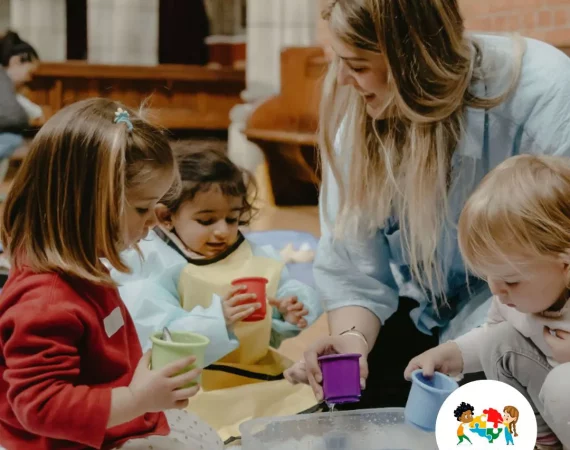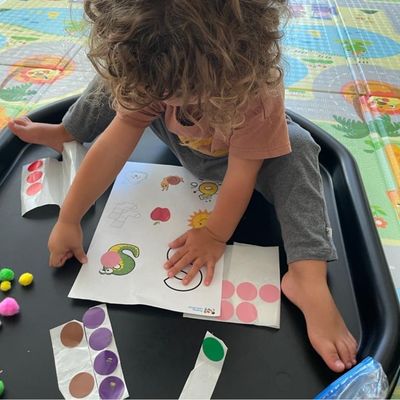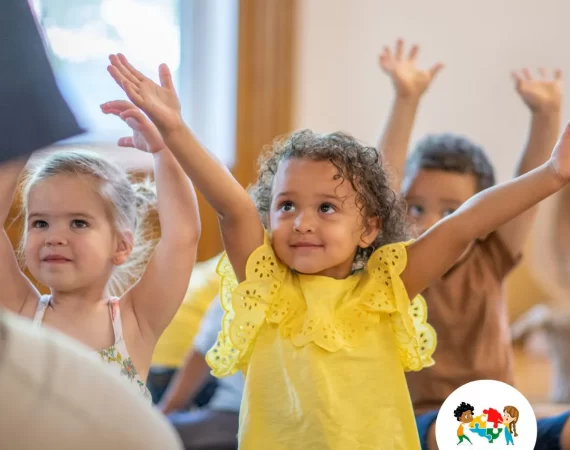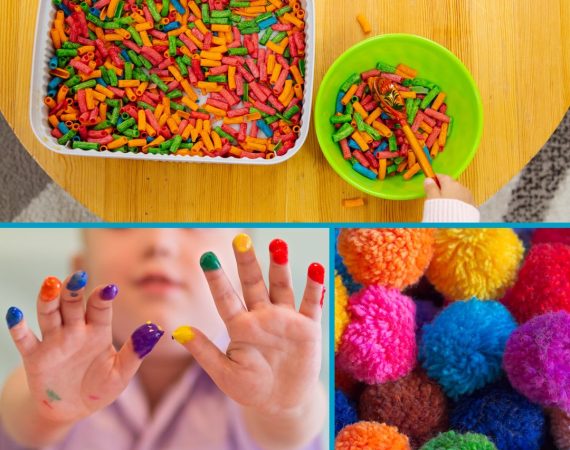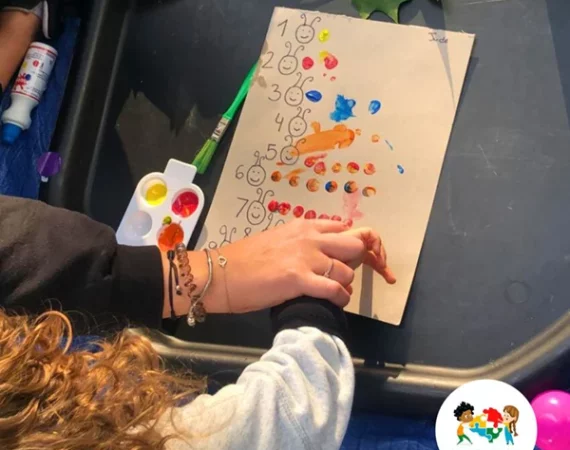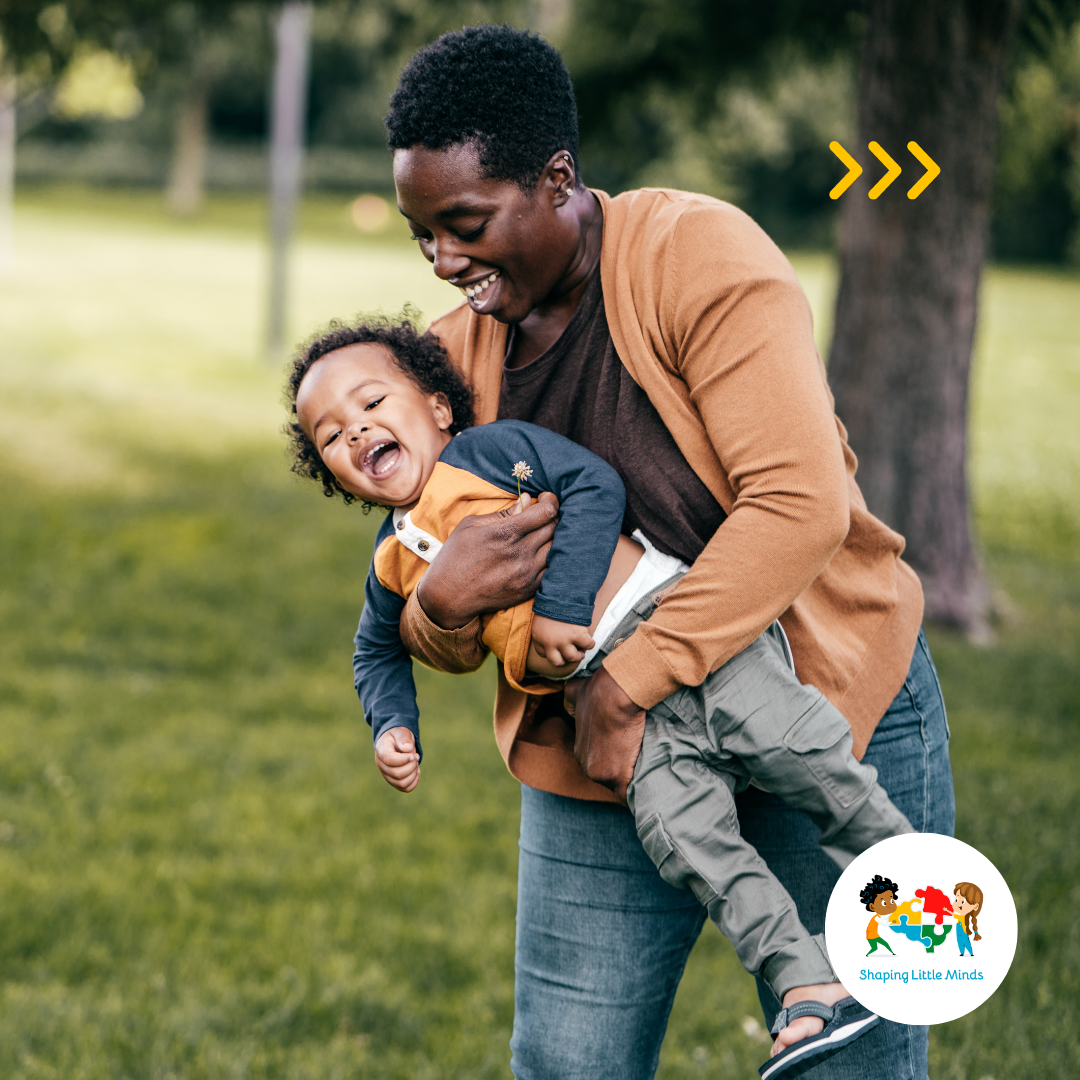Introduction
Supporting children’s social and emotional development is crucial for their overall well-being and success in life. Children who have strong social and emotional skills are more likely to form positive relationships, make good decisions, and cope with stress and challenges. In this blog post, we will discuss what social and emotional development is, why it is important, and provide some tips and ideas for supporting it at home. We will also explore how we support social and emotional development in our Shaping Little Minds sessions.
What is Social and Emotional Development?
Social and emotional development refers to the ability of children to understand and manage their emotions, form positive relationships with others, and interact appropriately with the world around them. It is a critical part of overall child development and sets the foundation for success in later life. Social and emotional development involves several key components, including:
Self-awareness: the ability to recognize and understand one’s own emotions, thoughts, and behaviors.
Self-regulation: the ability to manage and regulate one’s emotions, thoughts, and behaviors in response to different situations.
Social awareness: the ability to recognize and understand the emotions, thoughts, and behaviors of others.
Relationship skills: the ability to form positive relationships with others, including communication, empathy, and cooperation.
Responsible decision-making: the ability to make good decisions based on ethical and social norms.
Why is Social and Emotional Development Important?
Social and emotional development is critical for children’s overall well-being and success in life. Children who have strong social and emotional skills are more likely to have positive relationships, academic success, and mental health. In contrast, children who struggle with social and emotional development are more likely to have behavioral problems, academic difficulties, and mental health issues.
How to Support Social and Emotional Development at Home
Parents play a crucial role in supporting their child’s social and emotional development. Here are some tips and ideas for supporting social and emotional development at home:
Practice active listening:
Take the time to actively listen to your child’s feelings and thoughts. Encourage them to express their emotions and validate their feelings.
Model positive behavior:
Children learn by watching and imitating adults. Model positive behavior, including self-regulation, empathy, and responsibility.
Encourage empathy:
Help your child understand and connect with the feelings and perspectives of others. Encourage them to think about how their actions affect others.
Provide opportunities for socialization:
Encourage your child to engage in social activities, such as playdates, team sports, or clubs. These activities provide opportunities for your child to practice social skills and form positive relationships.
Establish routines and expectations:
Children thrive on routine and predictability. Establish clear expectations and routines, such as meal times, bedtime routines, and household chores.
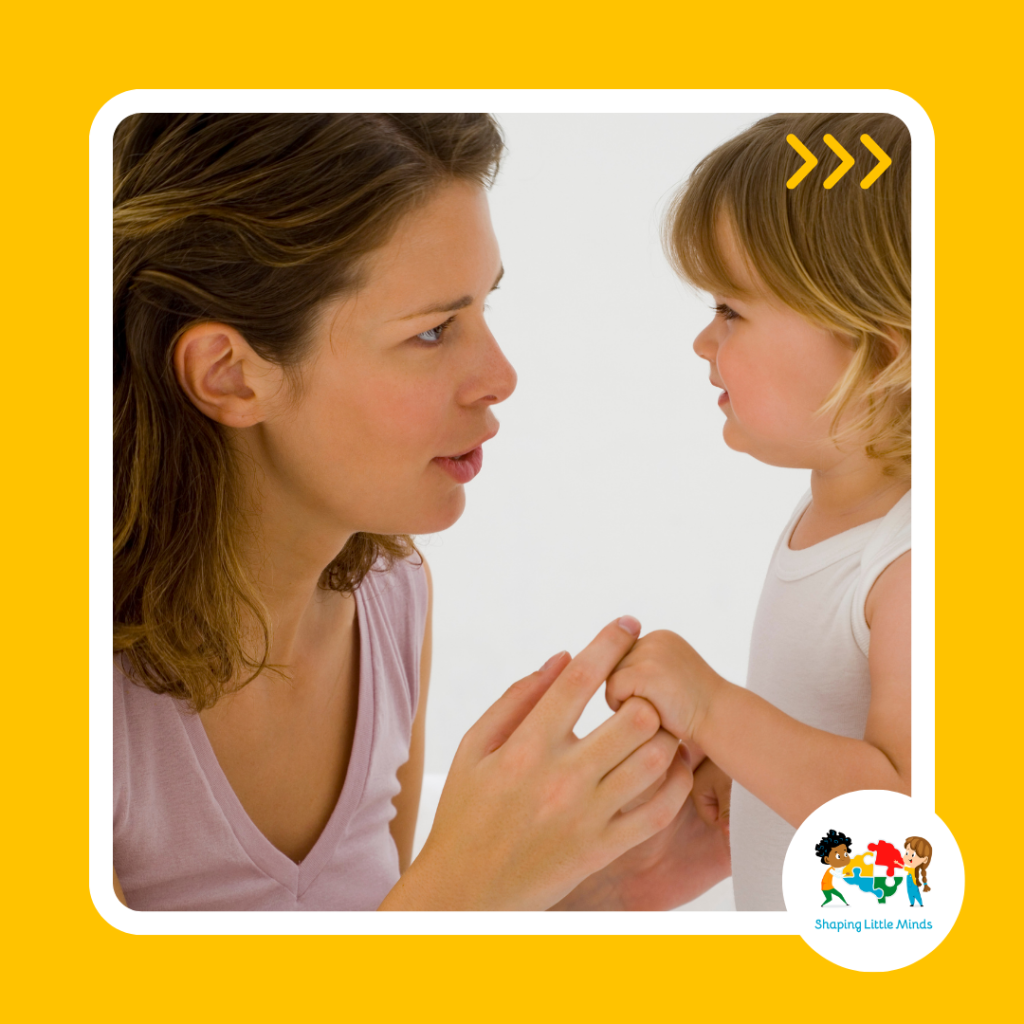
How We Support Social and Emotional Development in Shaping Little Minds
At Shaping Little Minds, we recognize the importance of social and emotional development for children’s overall well-being and success in life. Our sessions are designed to promote social and emotional development in a safe and supportive environment. Here are some ways we support social and emotional development in our sessions:
Encourage self-expression: We provide opportunities for children to express themselves through art, music, and movement. This helps children develop self-awareness and self-expression.
Teach emotional regulation: We help children understand and manage their emotions through activities such as deep breathing, mindfulness, and yoga.
Foster positive relationships: We provide opportunities for children to form positive relationships with their peers through group activities, cooperative games, and team-building exercises.
Encourage responsible decision-making: We provide opportunities for children to make decisions and solve problems in a safe and supportive environment.
Support social awareness: We help children understand and connect with the emotions and perspectives of others.

